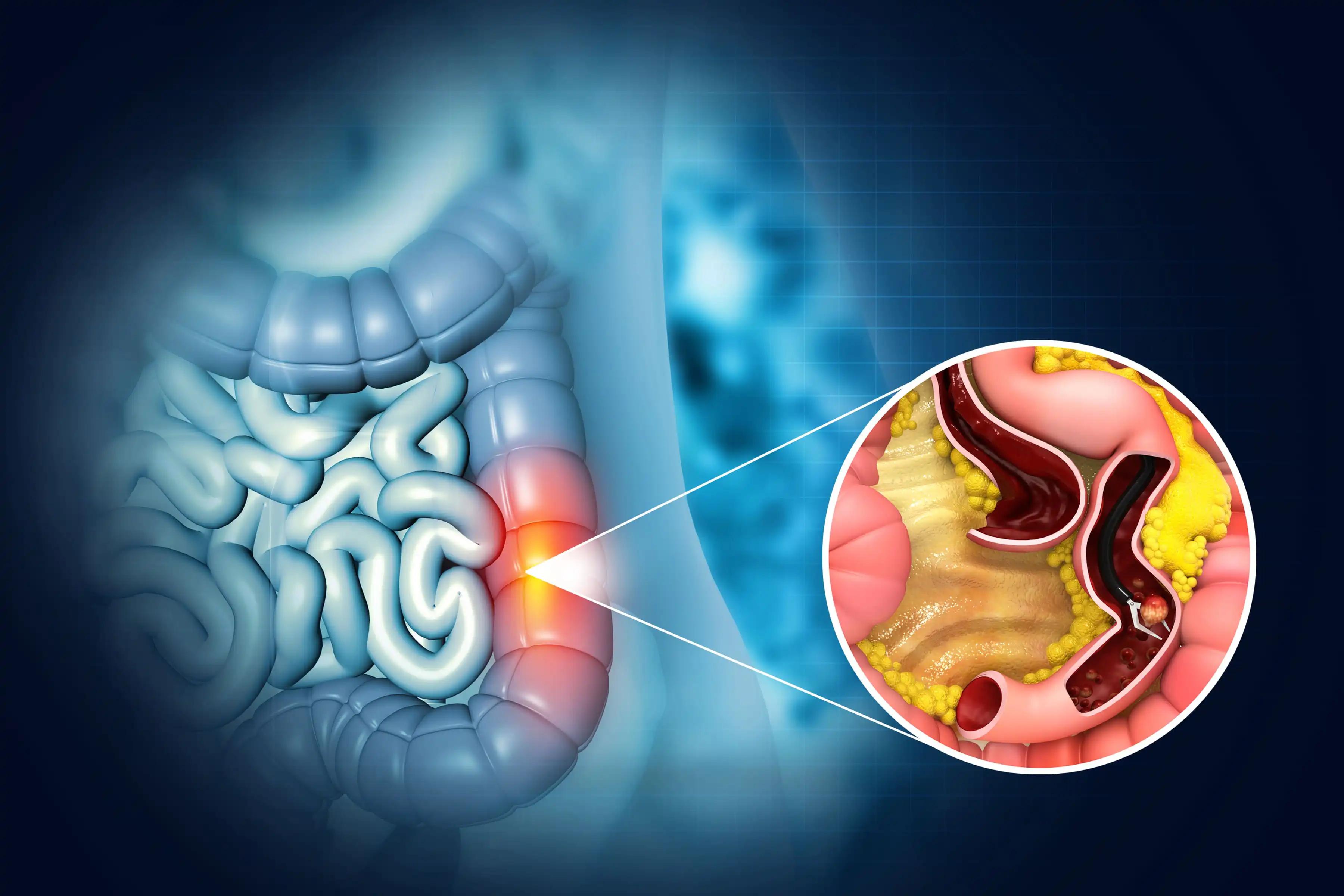KEY TAKEAWAYS
- The study aimed to investigate PEGylated niosomes for enhancing silibinin’s effectiveness against colorectal cancer cells.
- Researchers noticed that PEGylated niosomal nanoparticles effectively deliver silibinin to colorectal cancer cells without harming normal cells.
Colorectal cancer represents a major global health challenge with high mortality rates. Silibinin, a compound derived from milk thistle, exhibits anticancer properties and holds promise as a potential treatment for colorectal cancer. However, its clinical application is limited by poor solubility.
To address this issue, this study utilized a PEGylated niosomal drug delivery system to improve the solubility of silibinin. The anti-proliferative effects of this delivery system were tested against human colorectal cancer cell lines.
Juhua Yuan and the team aimed to assess the effectiveness of PEGylated niosomal nanoparticles in enhancing the solubility and therapeutic potential of silibinin for colorectal cancer treatment.
They performed an inclusive analysis by fabricating silibinin-loaded PEGylated niosomal nanoparticles (NIO-SIL) using the thin-film hydration method. The nanoparticles were characterized through dialysis bag, AFM, SEM, DLS, and FTIR systems.
The study involved treating both cancerous and normal human cells with NIO-SIL and pure silibinin. Subsequent evaluations included assessing cell proliferation, apoptosis, and cell cycle progression. Additionally, the expression levels of Bax, Bcl-2, p53, and cyclin D1 genes were measured using real-time PCR.
About the drug release profile, size, morphology, and chemical interactions, the synthesized PEGylated niosomal nanoparticles demonstrated suitability as a drug delivery system. Both pure silibinin and NIO-SIL effectively reduced the proliferation of cancerous cells, induced apoptosis, and caused cell cycle arrest, with no significant negative effects reported on human normal cells.
Additionally, both pure silibinin and NIO-SIL reduced the expression of the Bcl-2 and cyclin D1 genes while increasing the expression of Bax and p53 (P-value < 0.05*).
The study concluded that PEGylated niosomal nanoparticles exhibit significant potential for effectively encapsulating and delivering silibinin to cancer cells, while demonstrating no adverse effects on normal cells.
No funding information was given.
Source: https://pubmed.ncbi.nlm.nih.gov/39068589/
Alali U, Mohammed Kadhim Al-Tu’ma M, Fadhil Jawad A, et al. (2024). “Synthesis, Characterization, and In-Vitro Evaluation of Silibinin-loaded PEGylated Niosomal Nanoparticles: Potential Anti-Cancer Effects on SW480 Colon Cancer Cells.” Asian Pac J Cancer Prev. 2024 Jul 1;25(7):2539-2550. doi: 10.31557/APJCP.2024.25.7.2539. PMID: 39068589.



